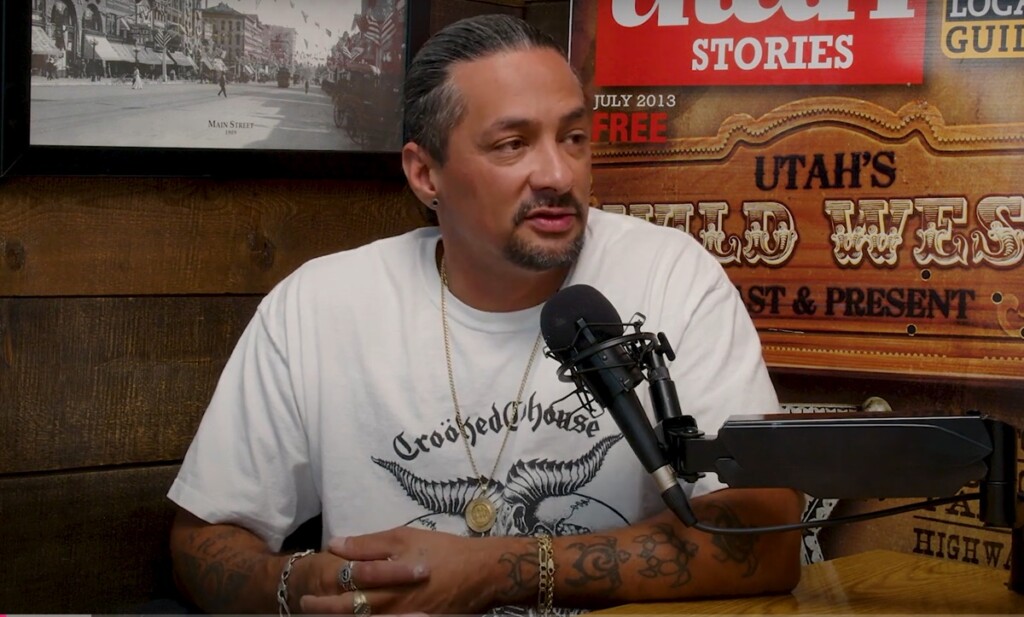Rocky grew up in a life marked by frequent incarcerations. Drinking, drug use, and alcohol abuse, he says, were things he was born into. His mother, father, aunts, and uncles all drank excessively at backyard parties in their Ogden, Utah homes. That’s what he knew. “At the age of four or five, I was already drinking at my grandpa’s house because that’s what I thought was normal,” Rocky says. “By the age of eight, I started using drugs because that’s what everyone in the neighborhood was doing—either smoking pot or using the harder stuff.”
When Rocky was twelve, his mom had him move into a neighbor’s house. “I had a Black brother and a Mexican sister,” he explains. Committing crimes wasn’t outside the norm in his neighborhood or family. By his early twenties, Rocky had amassed a lengthy rap sheet, including multiple felony convictions—something he later realized caused significant problems. “I ended up going to prison twice and jail multiple times. My daughter died when I was seventeen, and it all just continued. Once you get into the system, it’s easy to keep going. It’s easy and familiar. These are generational habits you see and normalize.”
As many homeless individuals in Utah will tell you, having felonies on their record makes finding stable employment difficult. However, the most challenging part of having felony convictions is finding decent housing. Rocky was always hardworking. “I could always make a good living in construction,” he says. But qualifying for quality and affordable housing is extremely difficult when felony convictions show up on a background check. “Nobody would rent to me. ‘Oh, you’re a felon? Then you can’t live here.’ It’s horrible. It’s demeaning being told you can’t live at someone’s house when you make more money than they do.”
Rocky added, “I had twelve felony convictions and several misdemeanors.” He decided to enter the drug court program and made a conscious choice to “let go of all that other stuff.” He focused on leaving his past behind and starting a new chapter in life. “I haven’t looked back. Something clicked. All these people in my AA program were once homeless; they were drug addicts just like me, and now they were living productive lives. And I thought, ‘I can do that.’”
After six years of remaining conviction-free, Rocky says he was able to have eleven felonies reduced to misdemeanors. “I’m going for the last one right now.”
Rocky is now the owner of a successful low-voltage wiring company specializing in security, audio, and video systems. He regularly gets jobs in and around the Wasatch Front and Park City. He says he’s very busy, but he’s always had the dream of opening a pawn shop. Now, he believes he’ll be able to achieve that in the next few years, as having a clean record will allow him to qualify for a business loan. “It was my higher power getting back to me and telling me, ‘You can do this.’ I wish He would’ve gotten to me sooner, but I’m blessed.”






